PMI Agile Certified Practitioner (PMI-ACP®) Certification Training
 Read Reviews
Read Reviews
The PMI Agile Certified Practitioner course sponsored by the Project Management Institute (PMI) improves your knowledge of various Agile methodologies. A PMI-ACP certificate is universally recognized and helps individuals in addressing the requirements associated with Certified Agile Practitioner.


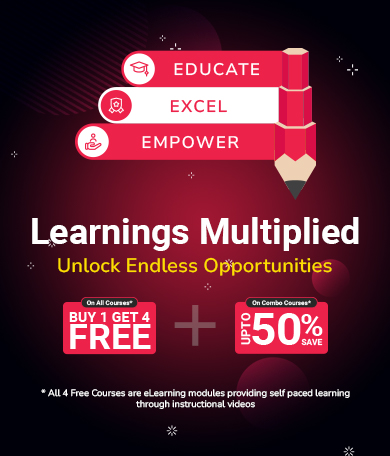


 5th Sep: Weekend
5th Sep: Weekend 


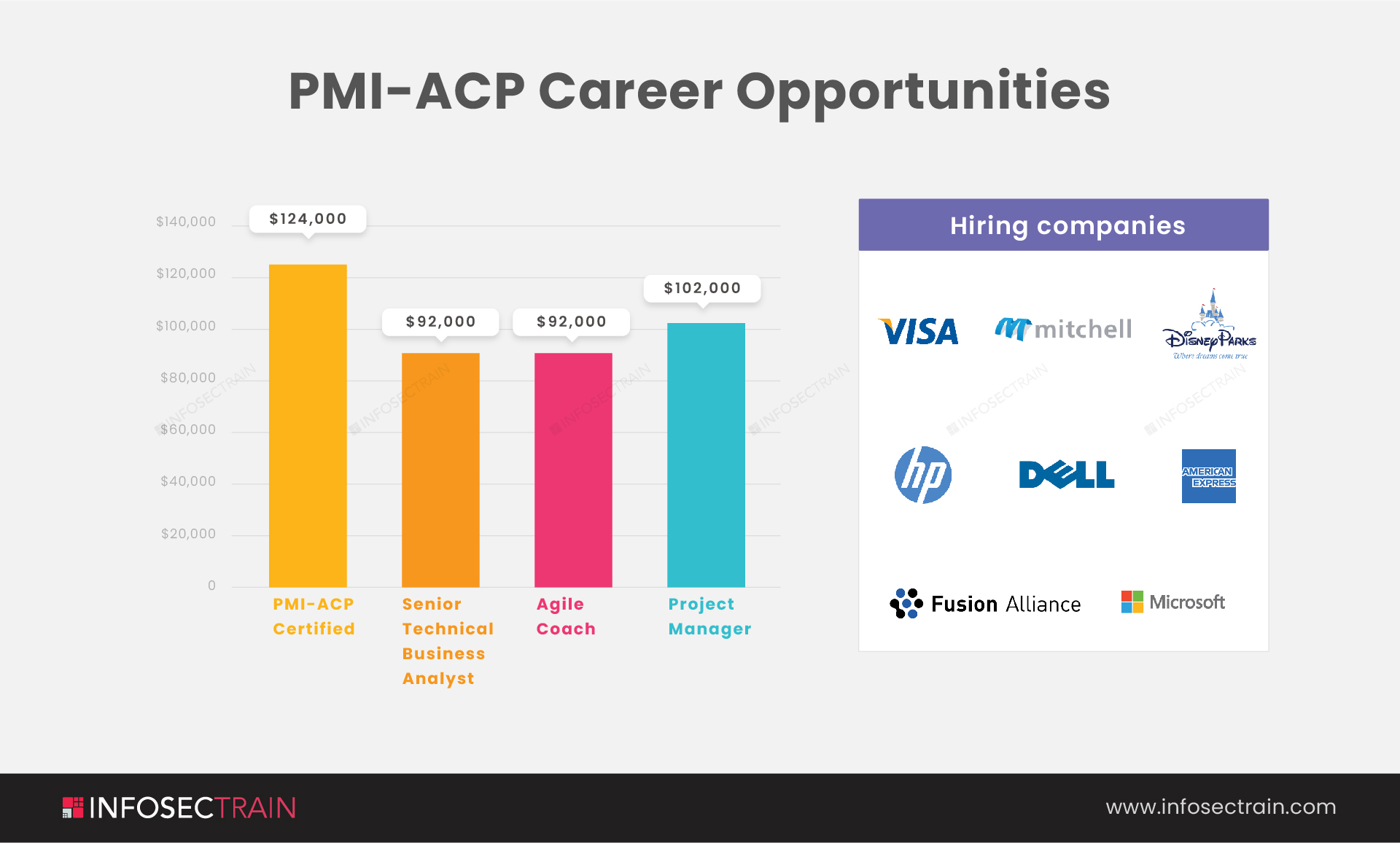


 The training was awesome. Helped me clear my concepts and also reduced my preparation time to 1/3rd. Thank you, trainer, for all your dedication to bring your gladiators to pace.
The training was awesome. Helped me clear my concepts and also reduced my preparation time to 1/3rd. Thank you, trainer, for all your dedication to bring your gladiators to pace.






 Certified & Experienced Instructors
Certified & Experienced Instructors Post Training Support
Post Training Support Customized Training
Customized Training Flexible Schedule
Flexible Schedule Access to Recorded Sessions
Access to Recorded Sessions 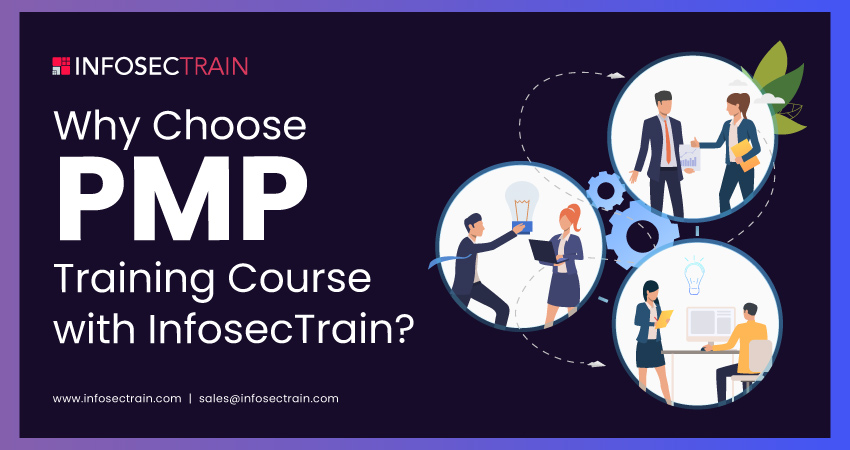
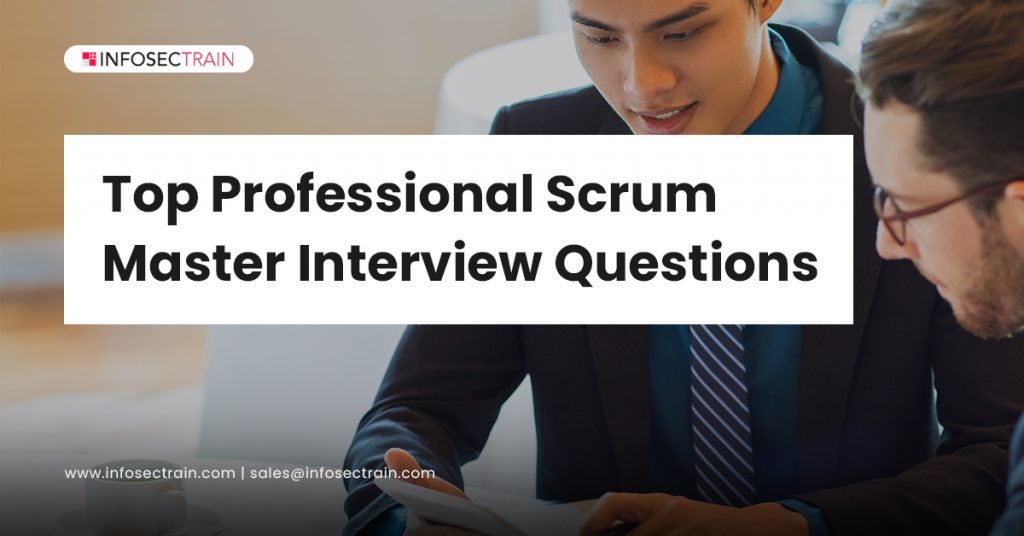
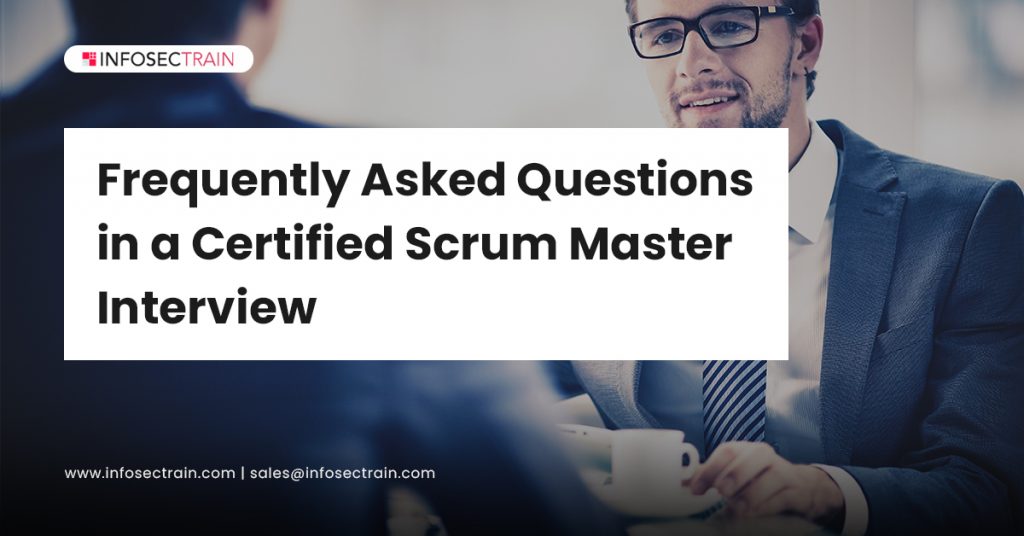
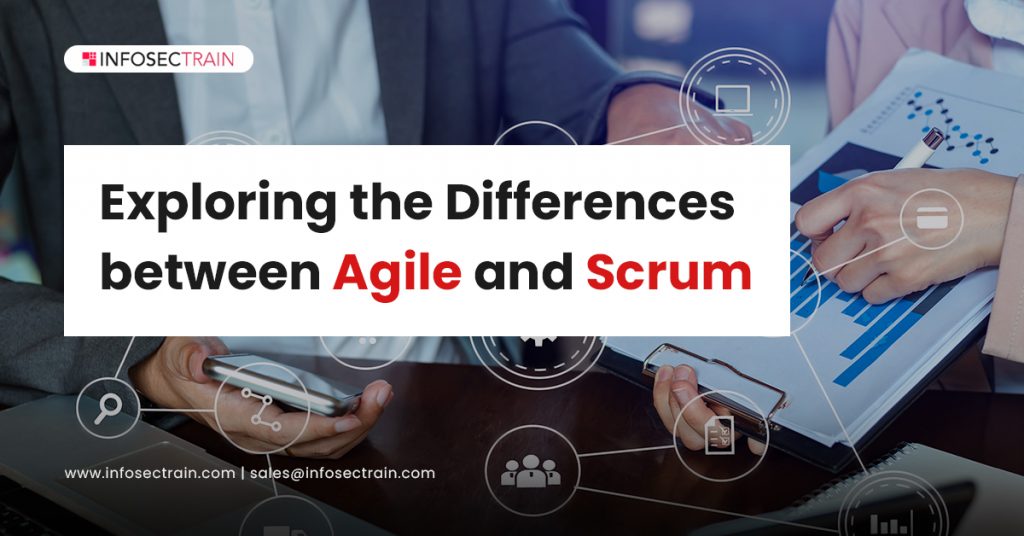
 1800-843-7890 (India)
1800-843-7890 (India) 
